Germany: Willms Touristik converts 18 sightseeing buses from diesel to electric
The retrofitted fleet covers six MAN chassis-based models, from 37-year-old MAN SD202 (1988–1990) to Euro 6 buses from 2016–2019. Danish specialist Banke ApS handled the conversion in coordination with DGS Diesel- und Getriebeservice, Allison Transmission’s general representative in Germany.
The vehicles were completely stripped of their diesel drivetrain before new electric components were installed. At the core is a DANA TM4 SUMO HP motor with 145 kW and 625 Nm in continuous operation, paired with Allison’s six-speed T280R automatic gearbox – originally for diesel buses but adapted for electric units.
Six lithium iron phosphate battery packs with 240 kWh enable around 200 kilometres of range – sufficient for daily sightseeing operations. To accommodate the packs, installed at the rear and in the passenger compartment, only two to six seats had to be removed.
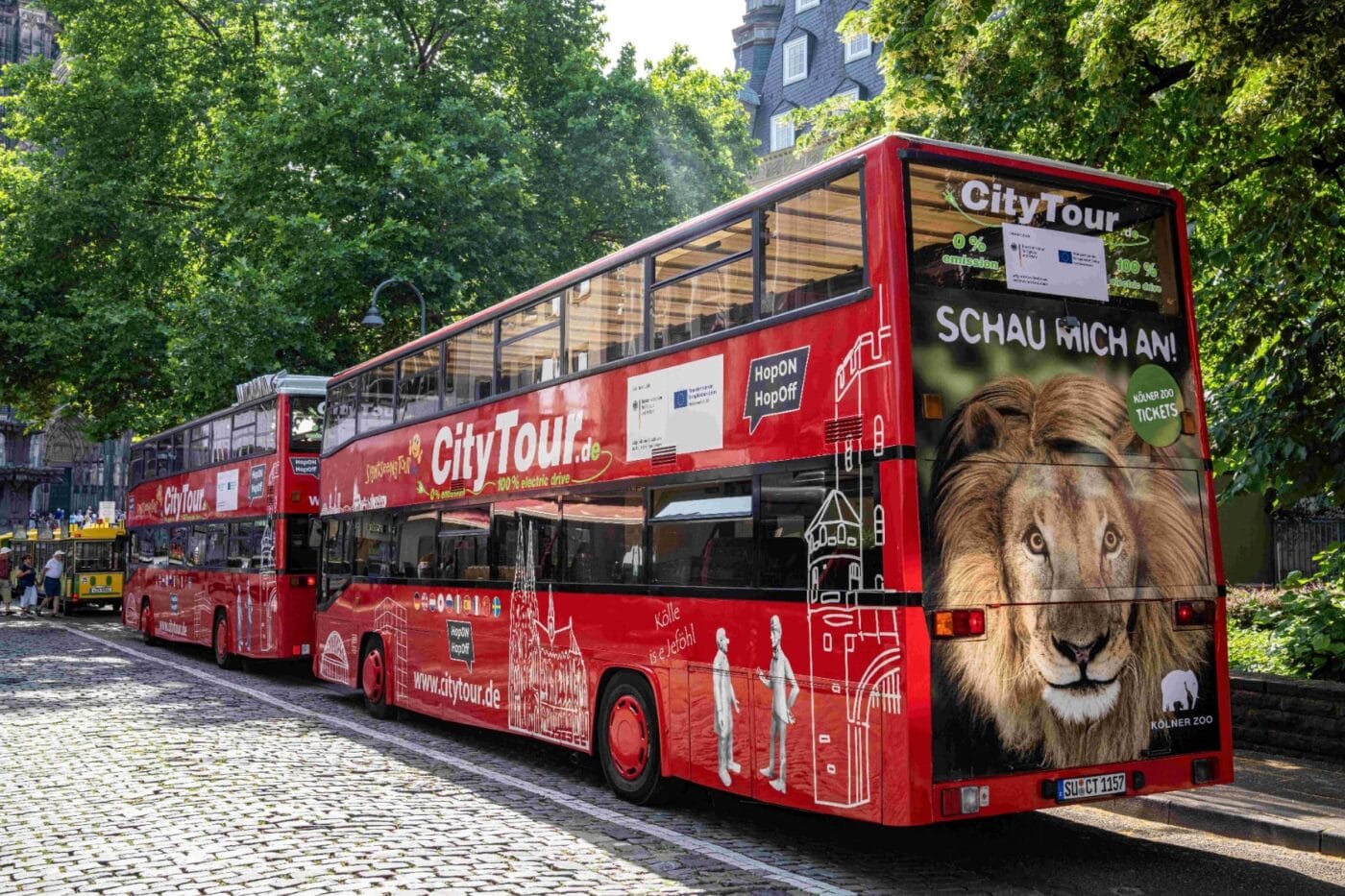
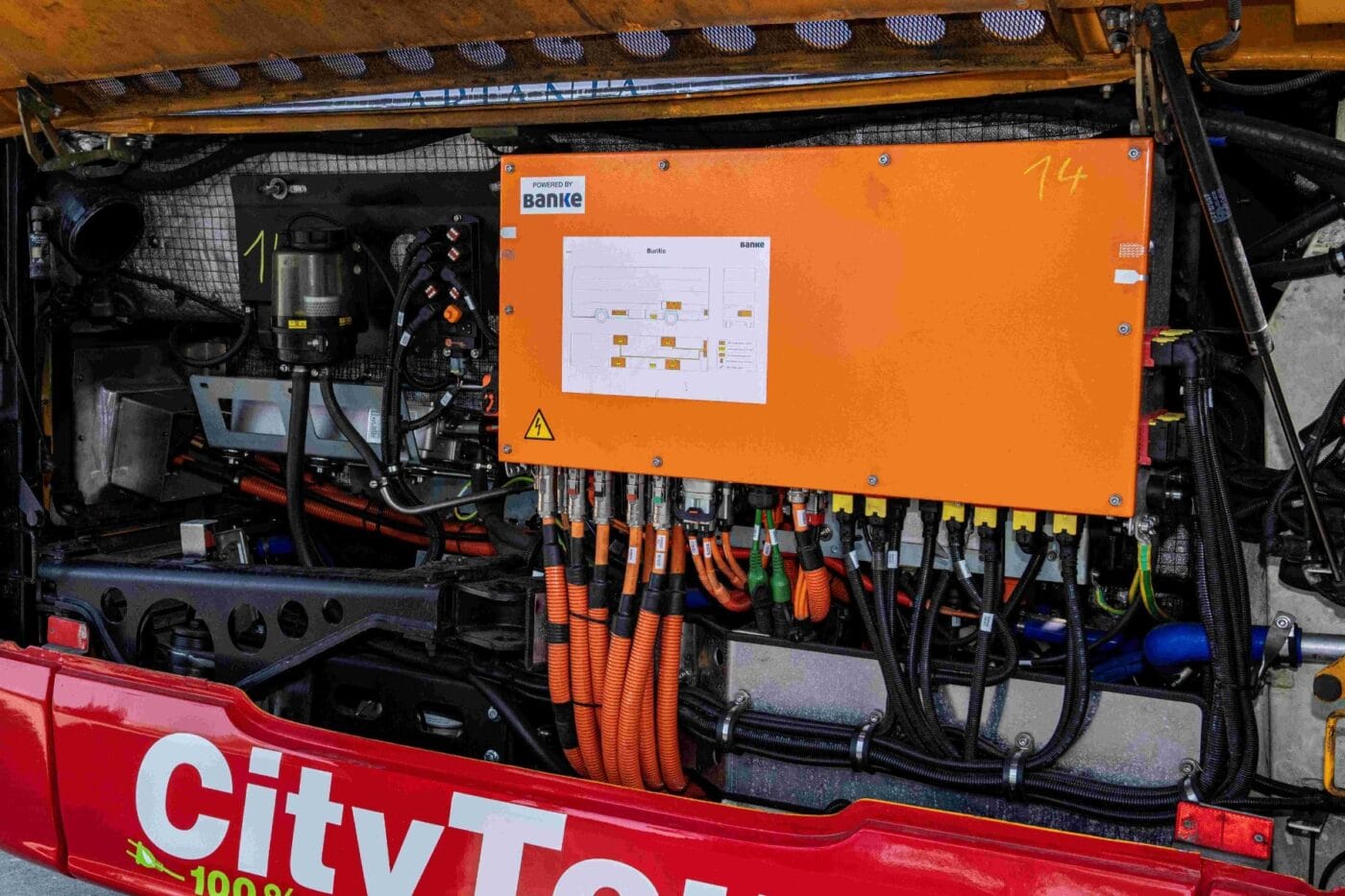
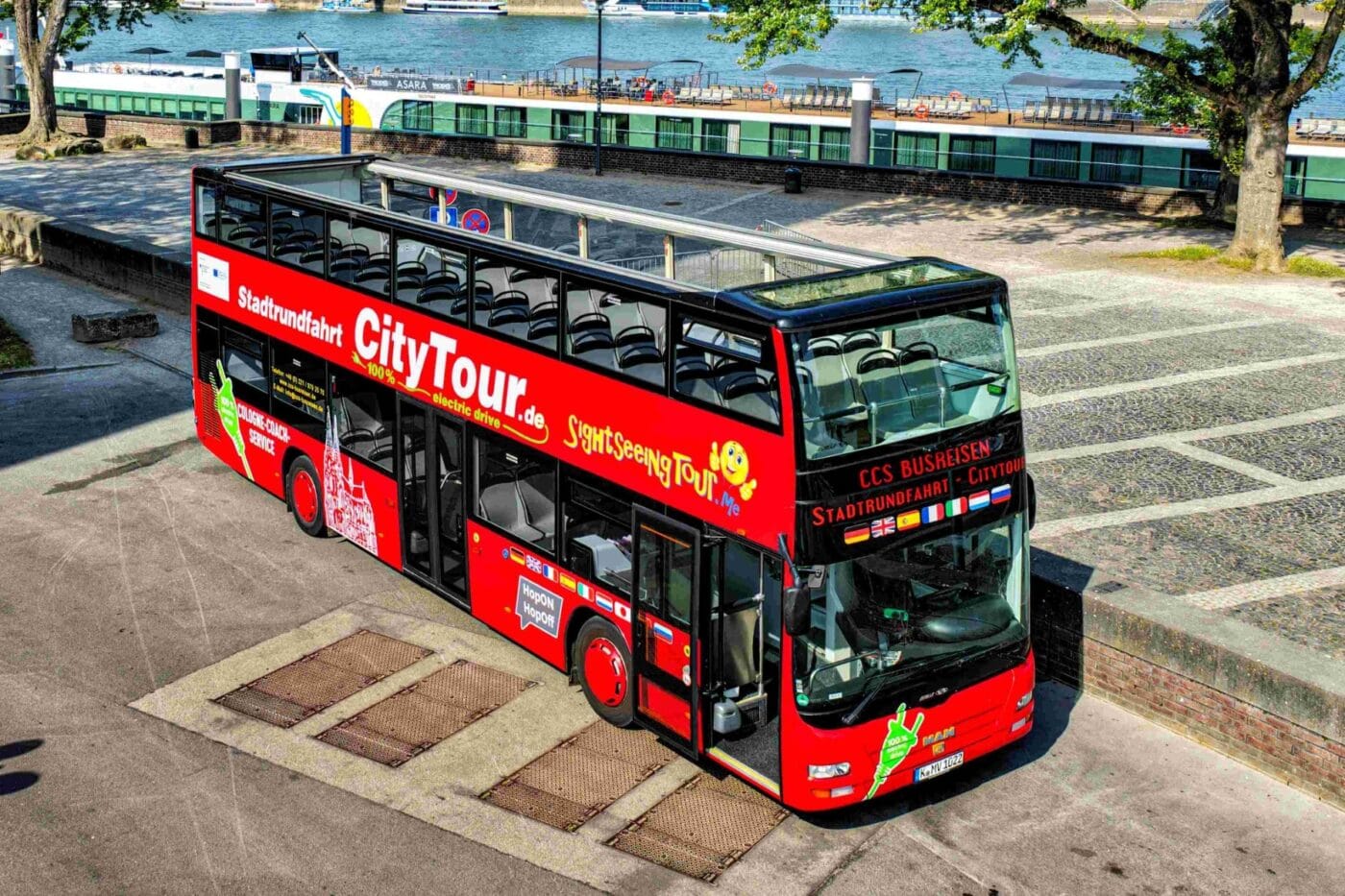
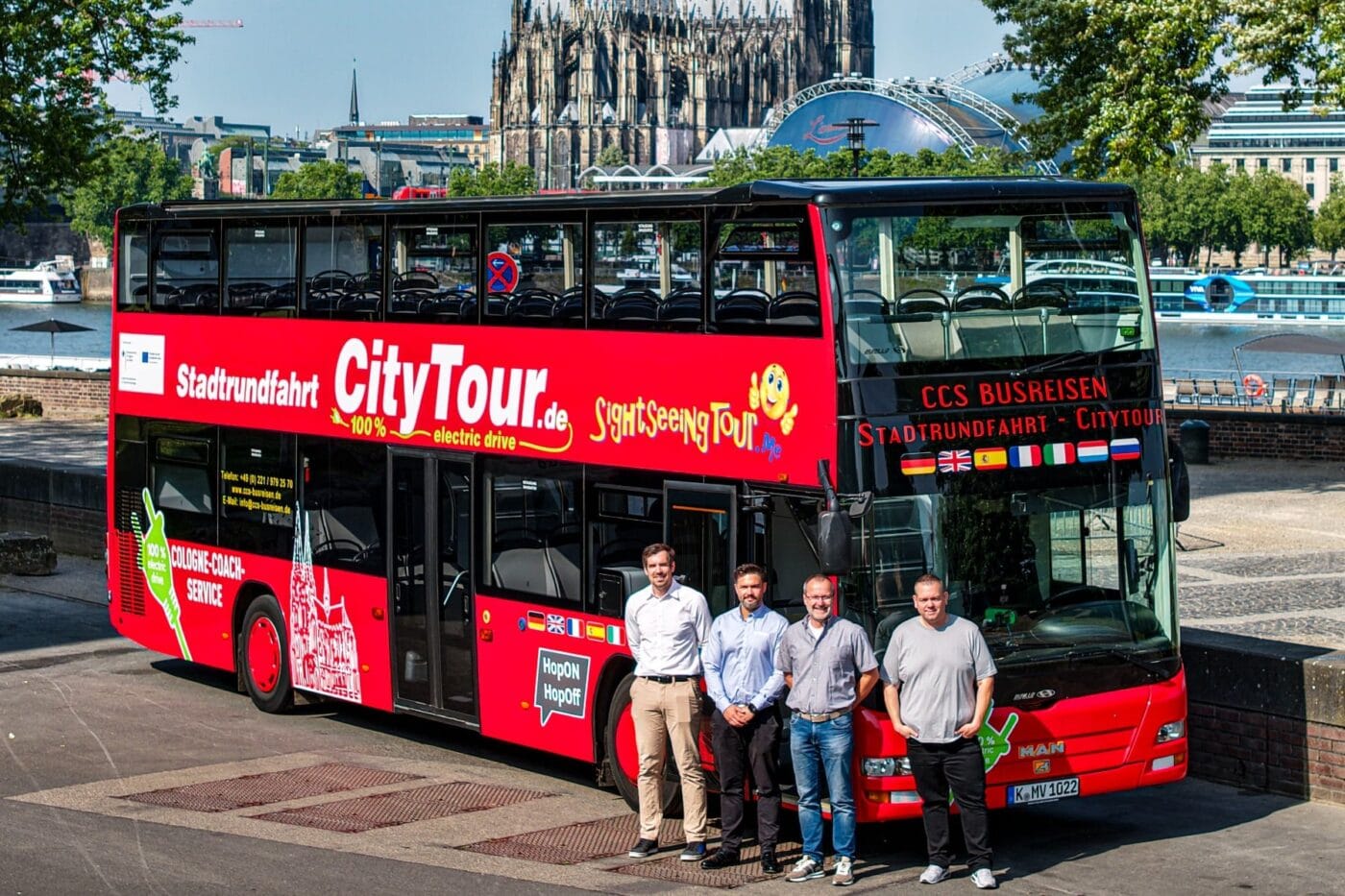
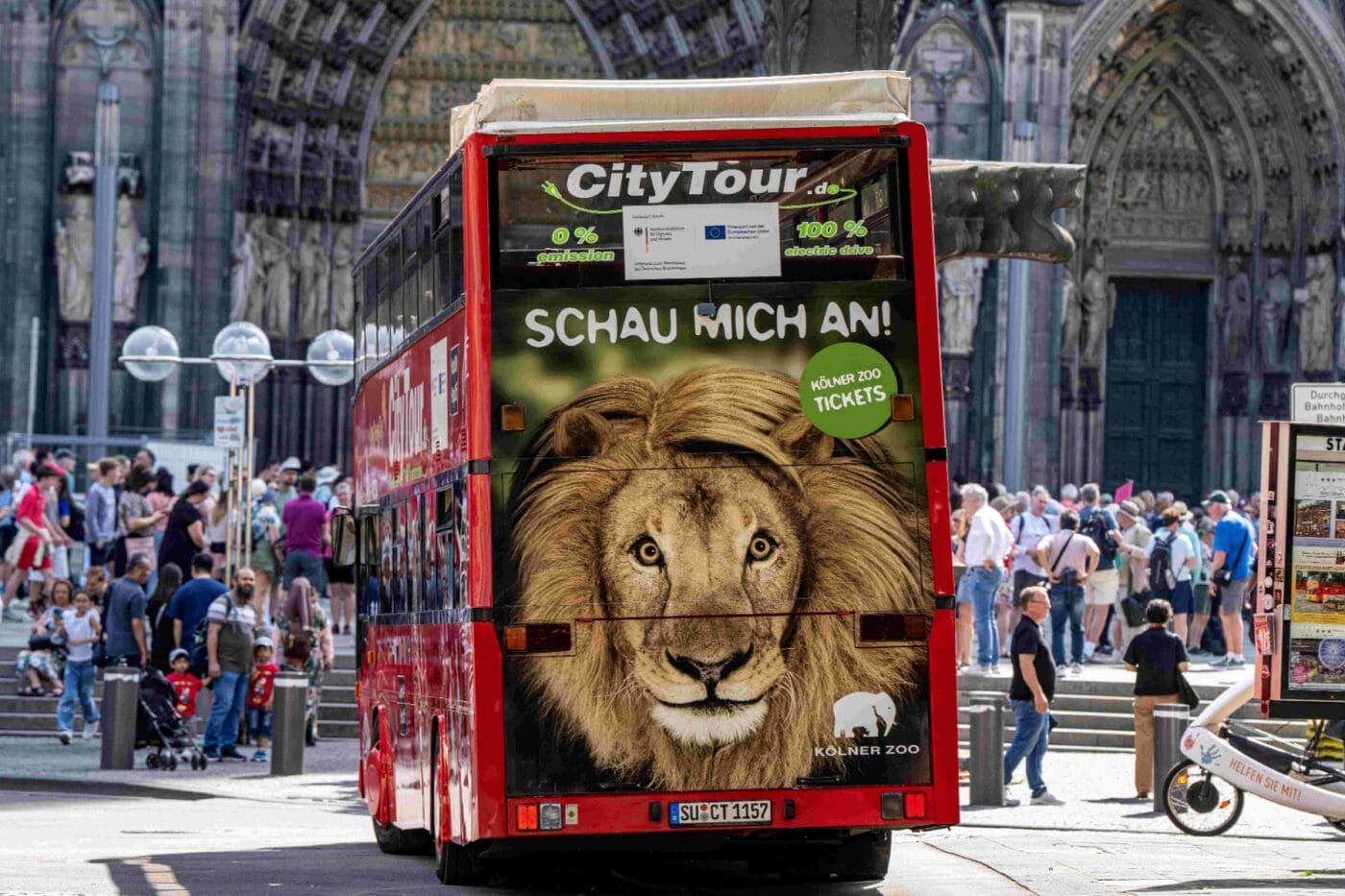
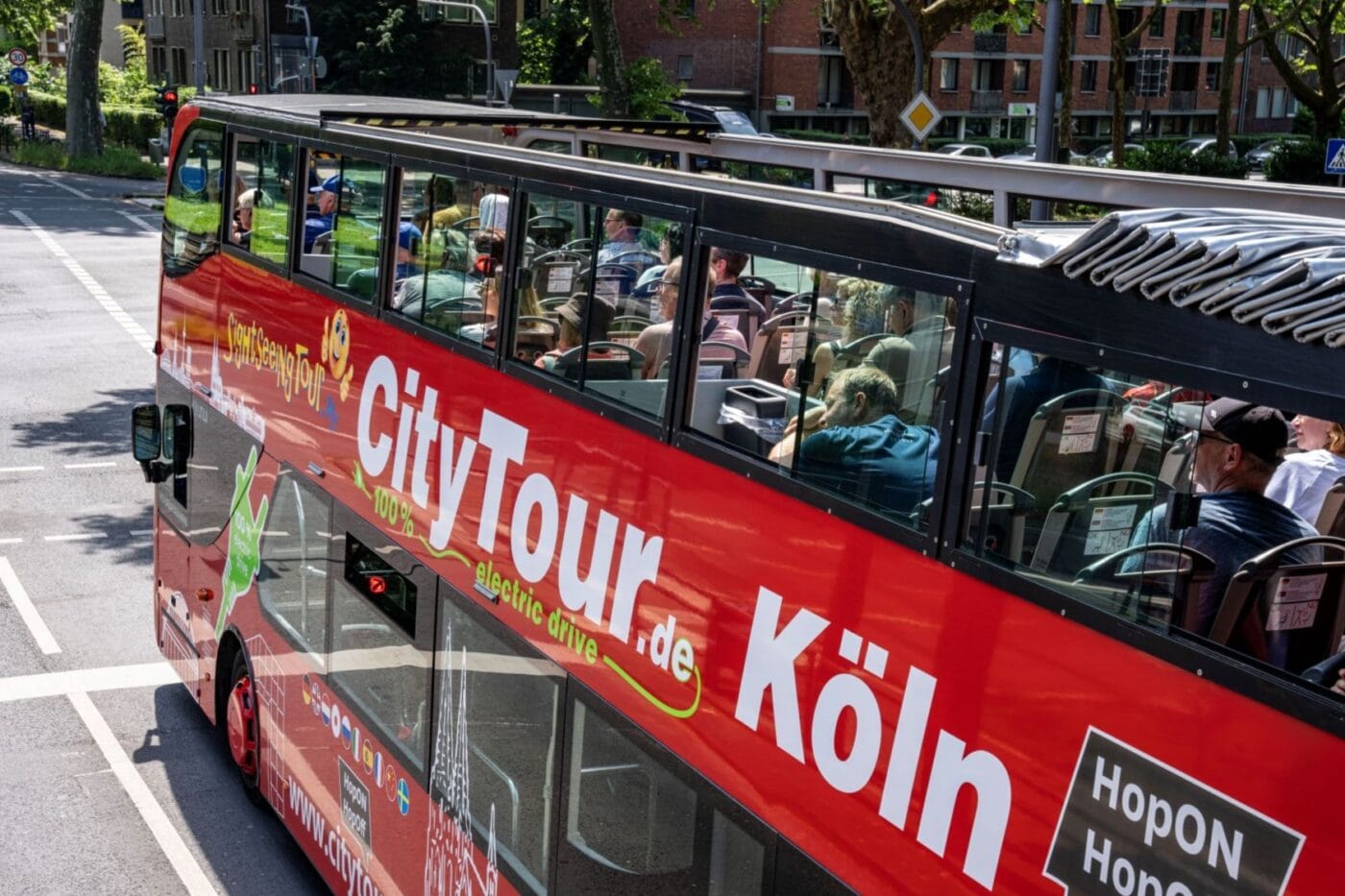
Operator Sascha Willms praises the comfort and durability of the Allison-equipped buses: “Take-off is smooth, manoeuvrability is excellent and there’s no jolting. I also expect lower wear and maintenance needs.” The company deliberately opted against direct drive and chose the central-motor plus gearbox solution already proven in municipal vehicles. According to management assistant Karsten Flamming, the gearbox also increases range and reduces charging stops.
The electric buses run significantly quieter and with fewer vibrations than their diesel predecessors, cutting noise by up to ten decibels. Passengers now hear audio commentary more clearly, while the absence of emissions improves air quality, especially in Cologne’s tunnels. “Drivers used to be asked why such smelly diesels were still running in the city,” says Willms. “Thankfully, that’s over now.”
Conversion as a “sensible alternative”
Willms sees conversion as a cost-effective alternative to new vehicles: “Sightseeing buses are typically in service two to three times longer than city buses. Even our classics from 1988 and 1990 still have years left. Retrofitting is far cheaper than replacement.”
Still, subsidies were crucial. The Federal Ministry of Transport supported the conversion of double-deckers for nine cities – Cologne named among them – with €6.5 million under its programme promoting alternative-drive buses. This covered 80% of costs, while Willms Touristik contributed €2.2 million, including charging infrastructure, driver training and staff upskilling. “It may sound like a lot, but we didn’t need to buy new buses and now operate a modernised fleet for years to come,” says Willms.
Federal funding resumes – with caveats
The support scheme, launched in 2021, runs until the end of 2025 but was hampered by budget turbulence after the KTF ruling and the collapse of the traffic-light coalition. Under CDU transport minister Patrick Schnieder, however, a new call has been launched, opening a “competitive award procedure” and again offering higher subsidies for electric buses and charging infrastructure.
The exact budget remains unspecified, and since the 2025 federal budget is not yet adopted, the call is formally “subject to parliamentary approval.” Still, officials sound confident: “Projects will be approved once the Federal Budget Act enters into force in autumn 2025.”
Eligible applicants include transport operators and other bus-sector users. Funding covers up to 80% of the additional investment compared to a diesel equivalent – both for new electric buses and for conversions.
Source: Information via email
This article was first published by Daniel Bönnighausen for electrive’s German edition.

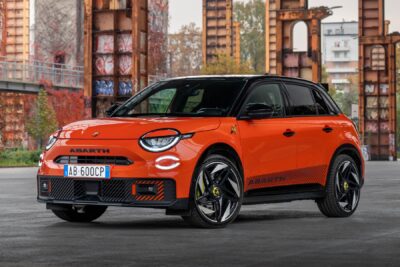
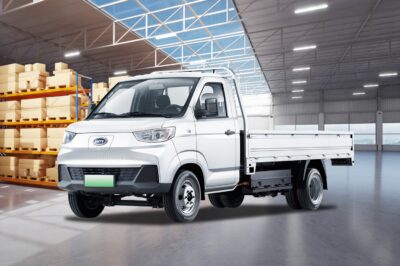
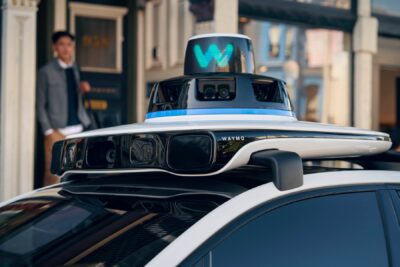
0 Comments